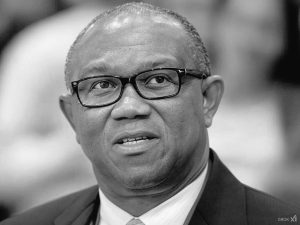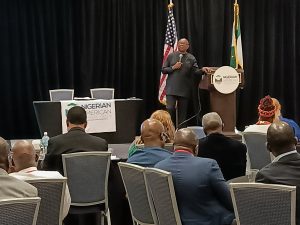5 Common Lies People Tell and How to Expose Them

Identifying when someone is lying involves recognizing specific signals. Learn how to uncover deception!
Spotting lies in verbal communication remains a challenging task. The most effective approach is to compare statements with external evidence or accepted truths to determine potential deception.
While certain expressions may hint at falsehood, there is no foolproof language cue for accurate anticipation of dishonesty.
Nevertheless, specific phrases or idioms can raise suspicions of deceit. Whether in business or casual interactions, understanding where a potential lie may exist provides a significant advantage in important conversations. The following five statements can help you pinpoint potential lies:
“That’s pretty much it.”
The use of words like “practically” or “approximately” suggests there’s more to the story. Genuine individuals share all the facts without reservation, while those attempting deception withhold information due to fear or a desire to conceal certain details.
“You have no evidence to say otherwise.”
This statement implies the existence of evidence supporting an accusation, yet the accuser has failed to uncover it. Honest individuals don’t rely on the concept of evidence; they deny accusations straightforwardly based on their knowledge of the truth. Those deceiving others expect evidence to be uncovered to validate the accusation.
“Why should I do this?”
A clue to be aware of is when someone responds to a question with another inquiry. Sincere individuals typically refute it outright. Typically, their response is a simple “I didn’t.” Dishonest people are evasive, and bashful and require extra time to gather a convincing response if they are taken by surprise. A statement along the lines of “Why would I do that?” buys the person lying valuable time to consider their defense and come up with a rejoinder.
“Are you accusing me?”

This question, coupled with subtle attempts to shift the situation, puts the accuser on the defensive. A direct response affirming the accusation helps repel counterattacks and keeps the focus on seeking the whole truth.
“I don’t remember doing it.”
Claiming a lack of memory is a common defense to hide the truth. This tactic involves two pitfalls: first, the need to have a memory of the event to claim not remembering it, and second, evoking the memory of the specific event. Honest individuals say “I don’t know” when they genuinely cannot recall, while those lying avoid revealing information stored in their memory.
It’s the same with the second trap. Saying, “I don’t remember doing that,” is not possible unless the person can recall what they did. It implies that the individual cannot recall carrying out a particular set of tasks. To claim “I didn’t do it,” one must be aware of their actions. If someone has no memory of the event, how can he possibly claim that he doesn’t remember doing something? He is calling up memories of that particular incident.
The questioner should then ask, “And what do you remember doing?” in response. Sincere individuals will provide you with their memories to bolster their alibi. The common defense used by dishonest people against their lack of memory is “I don’t know what I did.” Under this situation, the appropriate response would be, “If you don’t know what you did, it’s likely you did exactly what I described.” Recall: Those who lie avoid trying to recall past actions out of fear of admitting the truth.
The secret to spotting a lie is paying close attention to what someone is saying. Speech is not something that just flows from the lips. Words have meaning and convey a person’s thoughts directly; they can and often do expose lies.





